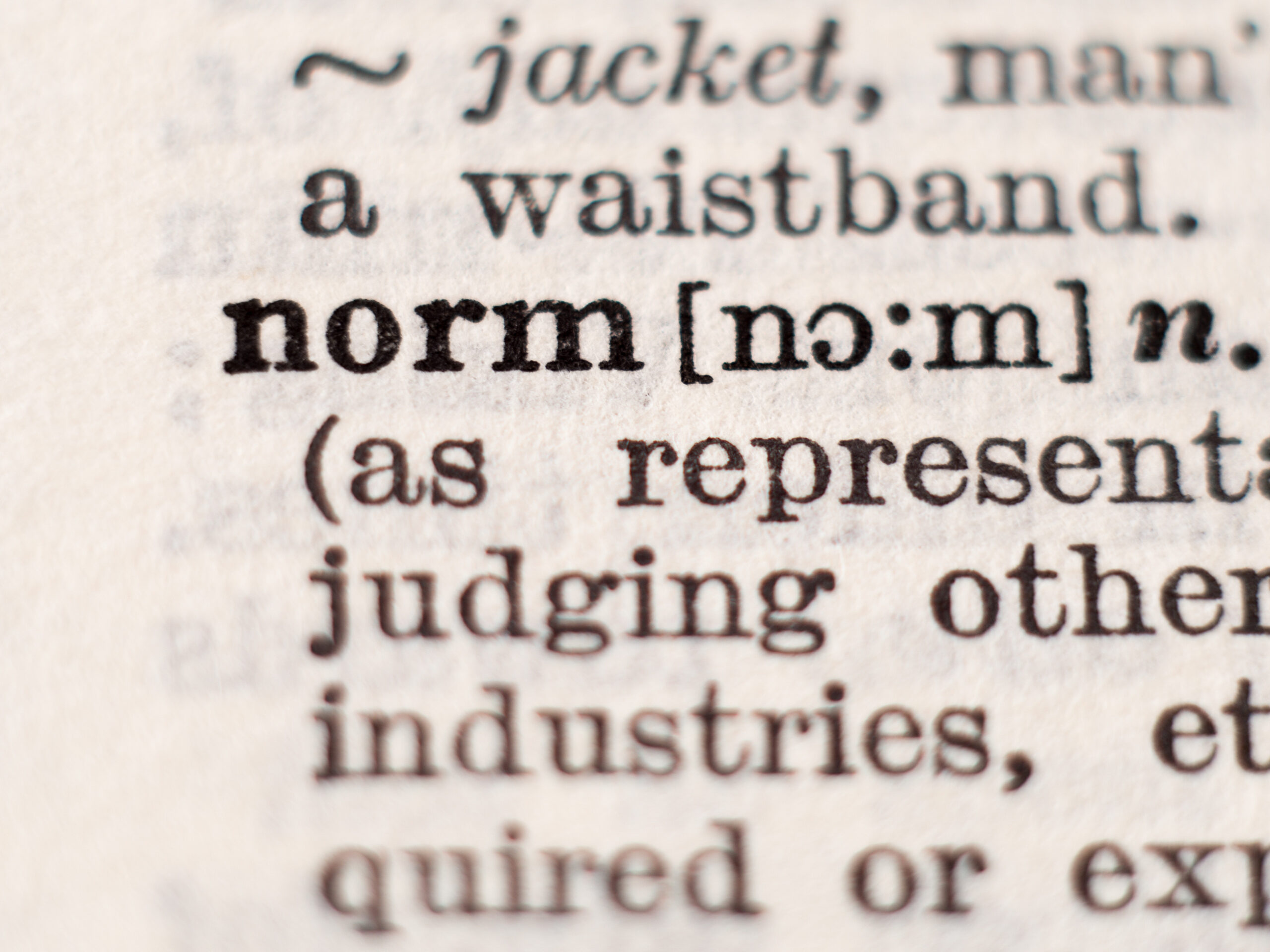

Once the domain of nation-states, global governance is increasingly defined by the language and institutions of multistakeholder partnerships. A recent dataset reveals significant growth in multi-stakeholder institutions since the 1990s, which involve NGOs, businesses, and other groups working alongside states. These initiatives govern key policy domains, such as the Internet Corporation for Assigned Names and Numbers (ICANN), the Global Fund to Fight AIDS Tuberculosis and Malaria, and a plethora of partnerships supporting the implementation of the UN Sustainable Development Goals.
Multistakeholder partnerships are characterized by institutional elements such as informality, voluntarism, and corporate partnerships which some commentators, like Nick Buxton, consider the “default mode of global decision-making.” The rapid expansion and influence of multi-stakeholder partnerships have led some activists to argue that we are witnessing “The Great Takeover,” in which elites promote multistakeholderism as a replacement for traditional intergovernmental multilateralism.
But how did multistakeholderism emerge within global governance? And is the future of multistakeholder global governance so certain?
In the last few years, there have been widespread concerns about the “End of Liberal International Order (LIO),” raising questions about the direction of global governance in a “post-hegemonic” era. If multi-stakeholder partnerships have proliferated within this order, what happens to this kind of governance when the LIO’s norms, practices, and institutions are challenged?
In a recent article in the Review of International Political Economy, we approach this question historically by exploring the origins, development, and future of multi-stakeholderism in global governance. We render multistakeholderism as a global governance norm—a distinct idea suggesting that good governance ought to address global public issues by involving all actors who influence or are affected by these problems, including states, NGOs, businesses, and other groups. In doing so, we trace the multistakeholder norm across the global governance system. Yet in the context of an incipient post-hegemonic world order, we contend that constructivist approaches to norm dynamics require revision, and we advance a framework towards that end.
A Gramscian approach to norm-dynamics
In our analysis, we diverge from conventional ‘Norm-Life Cycle’ approaches that track the biography of a norm from emergence to internalization across the global system. We challenge this approach on both temporal and ontological grounds.
Temporally, we argue that the conventional model is based on tracking the development of “good” liberal norms under bygone conditions of liberal global hegemony. These accounts are also underpinned by a teleological assumption that once a norm is internalized, it becomes an integral part of the social fabric, without acknowledging the potential death of such internalized liberal norms. Given the imminent “End of the LIO” and the decline of its associated norms and institutions, the constructivist model can be seen as an artefact of its time.
Ontologically, we also contend that constructivist approaches fail to reckon with the (internal) material conditions that precipitate, envelop, and suffuse norm dynamics. As a result, they do not adequately address the key agents responsible for norm emergence, the reasons for the success of certain norms at specific moments, or the potential for internalization during particular historical conjunctures.
Instead, we advance a framework for thinking about norm dynamics in a ‘Gramscian way’. Instead of focusing on spontaneous and altruistic “norm entrepreneurs,” we emphasize the role of “organic intellectuals”—epistemic actors who arise from and represent class factions and are embedded within broader (transnational) production relations.
We move beyond mechanistic and isolated accounts of norm spread, instead examining how international platforms and organizations serve as “collective organic intellectuals” to promote specific normative projects aligned with a hegemonic agenda. We explore how certain norms resonate with the broader capitalist superstructure, and how collective organic intellectuals absorb and adapt competing visions of world order in accordance with a hegemonic project. In this context, we specifically investigate the strategy of trasformismo, wherein potentially disruptive ideas are assimilated by adjusting them to the policies of the dominant coalition, thereby preventing the formation of organized external opposition to established political power.
Lastly, we argue that “internalized” norms are analogous to hegemonic ideas in that they become “common-sensical,” garner “spontaneous consent,” and stabilize power relations between dominant and subordinate social forces.
The Emergence, Uneven Spread, and Internalisation of Multistakeholderism
We trace the origins of multi-stakeholderism to efforts by organic intellectuals of the transnational (managerial) capitalist class, specifically Klaus Schwab, who aimed to establish the corporation as a legitimate participant in global problem-solving. Notably, the concept of stakeholder inclusion first emerged within the economic sphere of US business managerialism in the 1960s as an innovative approach to managing modern corporations. Klaus Schwab and his organizational platform, the World Economic Forum (WEF), introduced multi-stakeholderism in the 1970s and 1980s, coinciding with dramatic shifts in the international political economy. This positioned the corporation as not only a legitimate but also a necessary partner in addressing global public issues.
From the very beginning, the multi-stakeholder norm was deeply intertwined with the promotion of corporate (political) power. It sought also to diminish resistance by framing the corporation as a legitimate and essential political force.
In the 1990s, the multistakeholder norm rapidly spread across the international system, most notably alongside the United Nation’s Sustainable Development process beginning in Rio in 1992. Yet we contend that the spread of multistakeholderism has been distinctly uneven: it is prolific in some domains such as internet, environmental, and development governance, while generally absent across financial and security governance.
We contend that the spread of multistakeholderism is wedded to variegated power struggles across different policy fields, as dominant actors use multistakeholderism to assimilate recalcitrant actors while advancing Northern state and corporate power. In some domains with significant resistance to the (perhaps erstwhile) dominant project of neoliberalism, such as sustainable development, this recourse to the multistakeholder norm to assimilate challenge is warranted. Conversely, in areas like financial governance, there is a relative lack of organized resistance to established institutions of global governance, and prevailing norms of private self-regulation are sufficient towards advancing dominant interests.
Across all issue areas, however, the multistakeholder norm faces significant resistance from influential Southern states, which continue to advocate for state sovereignty and inter-state global governance. We thus directly challenge the notion that multi-stakeholderism will supplant inter-state multilateralism as the dominant norm underpinning global governance, given the significant influence of Southern powers in global governance institutions.
Instead, the potential end of the LIO suggests a more multipolar world, making the further spread and internalization of multistakeholderism less likely. Multistakeholderism may struggle to find a “social fit” within a more diverse ideational landscape. We do not, however, anticipate the “death” of multistakeholderism; rather, we expect it to persist alongside and in competition with other norms of transnational cooperation.
The future of norms in a post-hegemonic world
Our Gramscian approach to norm dynamics not only questions the further institutionalization of multistakeholderism but raises additional questions about the future of global norms generally under emerging post-hegemonic conditions. In a world where hegemonic strategies for class harmonization are likely to prove ineffective, what is the potential for global norms with universal reach? Amitav Acharya aptly describes this emerging world order as a multiplex, characterized by a variety of powerful state and non-state actors and, importantly, multiple interfaces where they interact.
We argue that while global norms may still emerge and find resonance across these contexts, they will likely be fewer, more persistently contested, and distinct from those under liberal hegemony. Norms—liberal or otherwise—will continue to hold relevance in a post-hegemonic world, but their spread and internalization will be highly circumscribed.
Meanwhile, Klaus Schwab and his WEF continue to advocate for multistakeholderism and the role of corporations as necessary and legitimate participants in global governance. The task for progressive organic intellectuals is to develop contravening norms that prioritise class antagonism while fostering solidarity across diverse contexts and crises.










